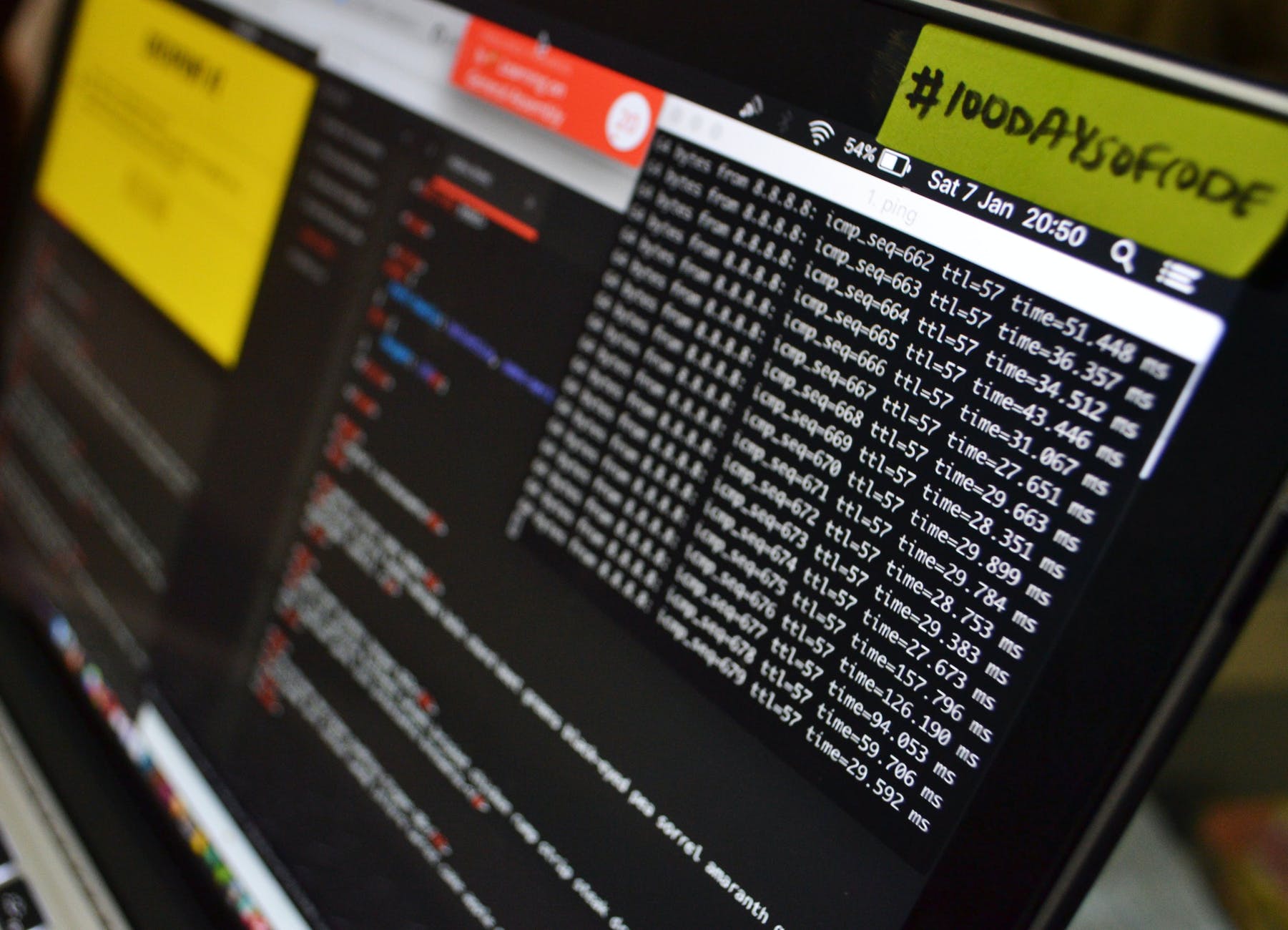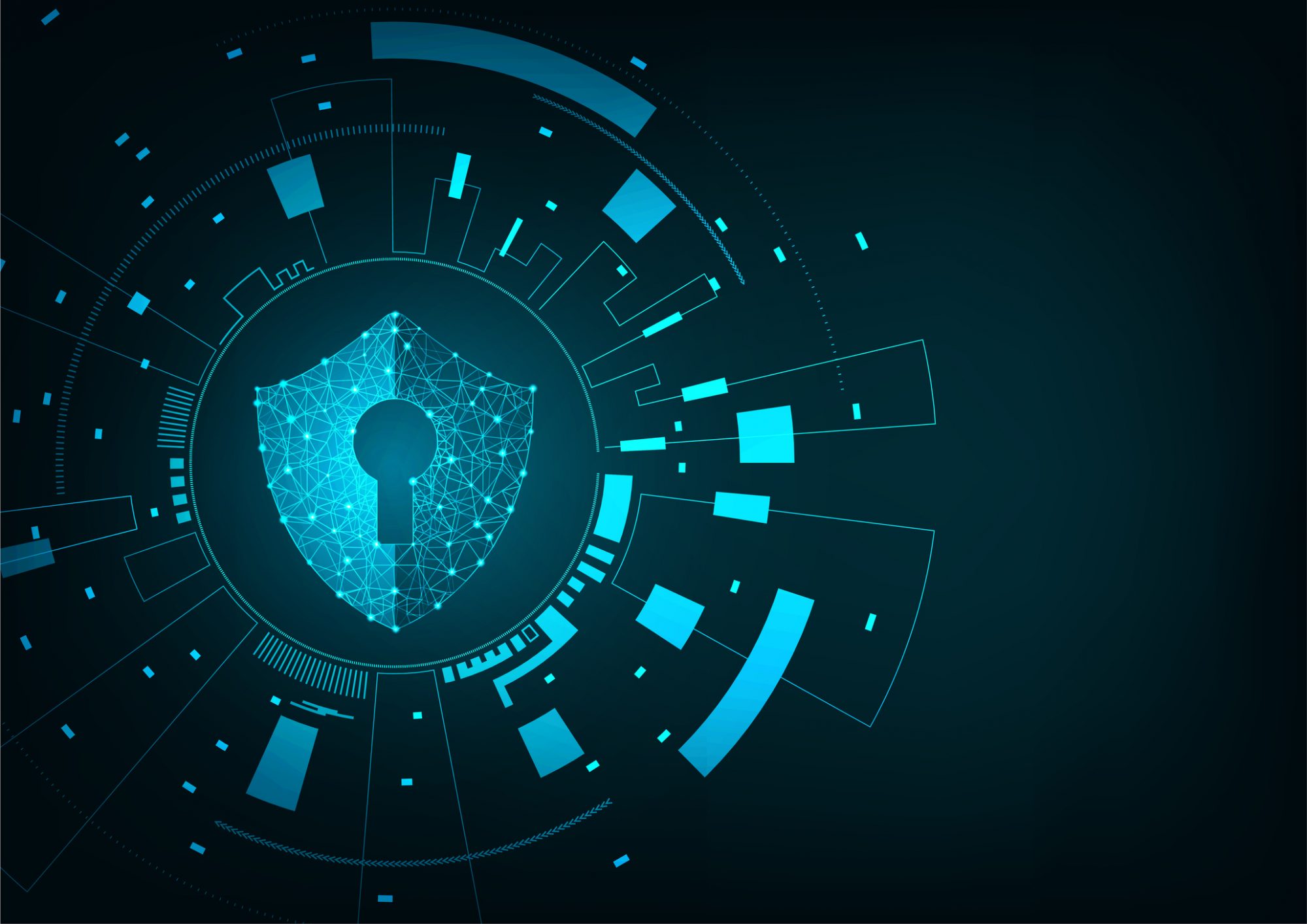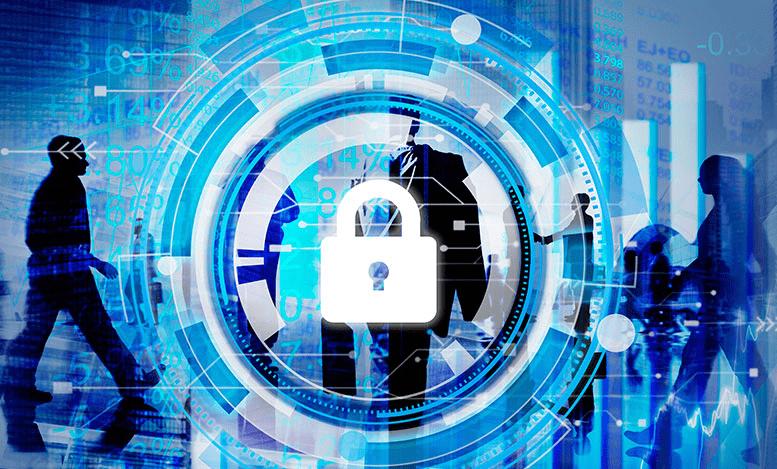Social Engineering Tactics: 3 Cybersecurity Training Tips for Your Business
Whether you’re an agency of interior designers or a bakery, cybersecurity training that really gets into the psychology of it all can mean the difference between security and disaster. In today’s interconnected digital landscape, where threats lurk behind every click and keystroke, here are 3 training tips for your business.
Behavioral Analysis Training
Understanding human behavior patterns and psychology is crucial for recognizing and responding effectively to social engineering attempts. You all want to get into the mind of the attacker to see how they manipulate emotions and exploit trust. This means learning about common manipulation techniques often used so that you can really protect the organization from such cyberattacks. So, have training sessions led by experts in psychology or social engineering who can show everyone the ropes. Then, offer up resources like books or online courses to dive deeper into the psychology behind such tactics; you want to hammer on the need for everyone to stay in the loop by keeping an eye out for emerging social engineering trends through ongoing education and professional development opportunities.
Imagine a training session where employees are thrown into a scenario where they get an urgent email from a supposed IT admin asking for an immediate password reset due to a security breach. Through discussion and analysis, chances are everyone soon starts to pick up on the signs of fake urgency created by the attacker and spot red flags like language inconsistencies.
Role-playing Exercises
Interactive role-playing exercises mean hands-on experience in recognizing and responding to such attacks. You want your team to practice applying the relevant knowledge and skills in a safe and controlled environment, just like the real deal. So, look into designing different social engineering scenarios that fit your industry and roles. Then, assign roles to everyone, including attackers and targets, and give clear guidelines for playing out the scenarios. After each exercise, gather everyone around for a debrief to talk about what was learned, particularly any mistakes that need to be corrected.
A great example is a role-playing exercise where employees get a call from someone claiming to be from the IT department, asking for sensitive information for a system upgrade. Through the exercise, hopefully, everyone learns to verify the caller’s identity and respond by keeping their cards close to their chests.
Real-world Case Studies
Studying real-world case studies gives the inside scoop on the tactics and techniques used by attackers in such attacks. You want your team to dive deep into past incidents to understand the risks and consequences of falling for these schemes. So, gather up a bunch of documented case studies featuring social engineering attacks across different industries. Spice things up with videos, podcasts, or interactive presentations to keep it interesting. Then, get everyone together to talk it out, analyze the cases, and brainstorm strategies for staying one step ahead. Say you’re in a team meeting, going over a case study about a phishing campaign that led to a data breach at another company. Through group discussion, everyone starts to see the tactics used by the attackers, like spoofed emails and tricky links.
There’s no reason why your business can’t create cybersecurity training programs that really pack a punch against social engineering threats. Just start with behavioral analysis training, role-playing exercises, and real case studies so that your employees are tough nuts to crack for manipulative cyber criminals.







